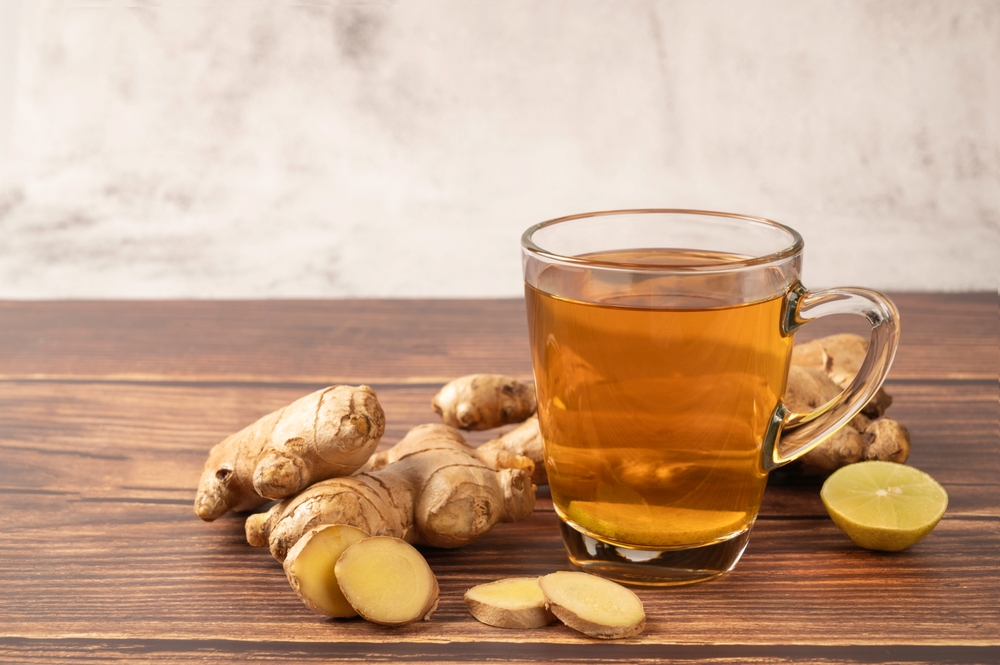3. Ginger

Ginger is another root with powerful anti-inflammatory properties, used for centuries in traditional medicine. It contains bioactive compounds like gingerol and shogaol, which inhibit the production of pro-inflammatory cytokines. These substances function similarly to common anti-inflammatory medications but with a lower risk of side effects.
In clinical settings, ginger has shown potential to reduce pain and increase mobility in individuals with arthritis. For psoriatic arthritis, ginger can help alleviate joint stiffness, especially in the morning or after periods of inactivity. It also improves circulation, which may further enhance joint health.
Ginger can be consumed in multiple forms, including fresh root, dried powder, capsules, or tea. A typical dose of ginger extract ranges from 500 to 1000 milligrams per day. Consistent use is often necessary to experience the full benefits.
Besides its anti-inflammatory action, ginger has antioxidant properties that protect joint tissues from oxidative stress. This protection may help prevent long-term damage that contributes to the progression of the disease.
Some people find that adding fresh ginger to their meals or drinking ginger tea daily helps reduce their need for over-the-counter pain relief. However, ginger supplements provide more concentrated doses and may be necessary for individuals with moderate to severe symptoms.
